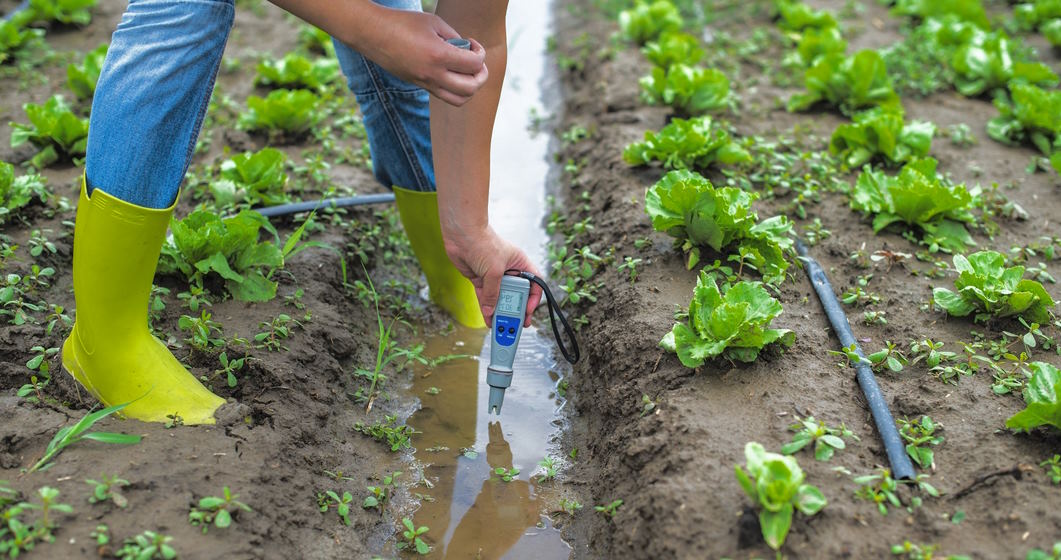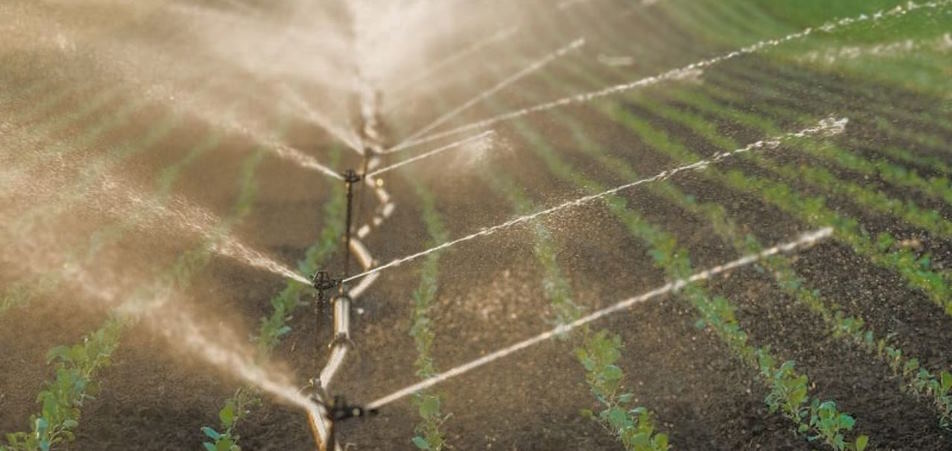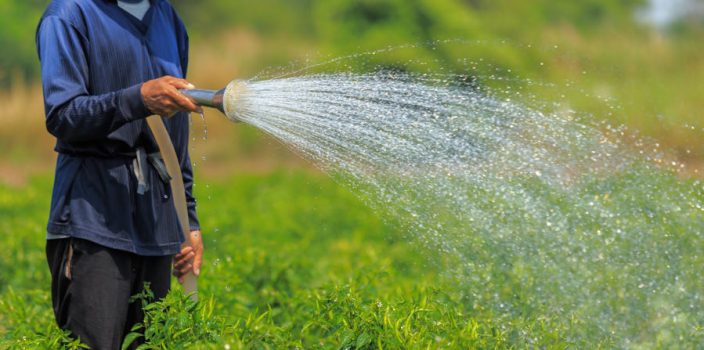Water quality management is a critical issue in Europe, with increasing concerns about pollution and degradation of freshwater resources. Among the various contributors to water pollution, agriculture plays a significant role due to its widespread presence across the continent. The historical practices of agriculture, coupled with modern agricultural techniques, have resulted in adverse impacts on water quality in Europe, including eutrophication, biodiversity loss, and contamination of drinking water sources. However, agriculture also holds the potential to be part of the solution, with the adoption of sustainable practices that can mitigate water quality issues.
Agricultural Pollution and Water Quality
Agricultural pollution poses a significant threat to water quality in Europe, with various types of pollution resulting from agricultural activities. Nutrient runoff, sedimentation, and pesticide contamination are among the major forms of agricultural pollution that can have detrimental effects on water quality. Nutrients from fertilizers and manure used in agriculture can run off into water bodies, leading to eutrophication, which causes oxygen depletion and harms aquatic life. Sedimentation occurs when soil erodes from agricultural fields and ends up in water bodies, resulting in reduced water clarity, disrupted aquatic habitats, and increased risk of flooding. Pesticide contamination can occur when these chemicals are applied to crops and then transported via runoff or leaching into water bodies, posing risks to aquatic organisms and human health. Several studies have shown the impacts of agricultural practices on water quality in different regions of Europe. For instance, in the Baltic Sea region, nutrient runoff from agricultural lands has led to eutrophication and algal blooms, while in the Mediterranean region, sedimentation from agricultural activities has caused soil erosion and water quality degradation. These case studies highlight the need for effective management practices to mitigate agricultural pollution and protect water quality in Europe.

Agricultural Best Management Practices (BMPs) for Water Quality Management
Agricultural Best Management Practices (BMPs) are critical tools in mitigating agricultural pollution and protecting water quality in Europe. These practices aim to minimize the negative impacts of agriculture on water resources by promoting sustainable and responsible farming techniques. Precision farming, cover cropping, and buffer strips are among the widely adopted BMPs in Europe. Precision farming involves using advanced technologies, such as GPS and remote sensing, to optimize crop inputs, minimize nutrient runoff, and reduce pesticide use. Cover cropping involves planting non-cash crops during fallow periods to reduce soil erosion, improve soil health, and prevent nutrient runoff. Buffer strips are vegetated areas along fields or water bodies that act as barriers, trapping sediment and filtering pollutants from agricultural runoff before they enter water bodies. These BMPs can significantly reduce agricultural pollution and protect water quality in Europe.
Successful implementation of BMPs has been observed in several European countries. For instance, in Denmark, the use of buffer strips and cover cropping has helped reduce nutrient runoff, sedimentation, and pesticide contamination in water bodies, resulting in improved water quality. In France, precision farming practices have been employed to optimize nutrient and pesticide application, reducing the overall environmental impact of agriculture on water quality. Similarly, in Germany, the adoption of BMPs, such as buffer strips and cover cropping, has resulted in decreased sedimentation and nutrient runoff, leading to enhanced water quality in rivers and lakes. These examples demonstrate the positive impact of BMPs in improving water quality in European countries and highlight the importance of promoting and implementing these practices for sustainable agriculture and water resource management.

Role of Agricultural Policies and Regulations
Agricultural policies and regulations play a crucial role in addressing agricultural pollution and protecting water quality in Europe. Various policies and regulations have been implemented to mitigate the negative impacts of agriculture on water resources. These include regulations related to nutrient management, pesticide use, and erosion control, as well as agricultural subsidies and incentives for sustainable practices. However, the effectiveness of current policies and regulations in mitigating agricultural pollution is a topic of debate.
While some policies have shown promising results, there are challenges in their implementation and enforcement. For instance, in some European countries, the regulations related to nutrient management are not consistently followed, leading to excessive nutrient runoff and eutrophication of water bodies. Similarly, the use of pesticides in agriculture is regulated, but issues related to misuse, overuse, and contamination still persist, posing risks to water quality. Additionally, erosion control measures are often not fully implemented, resulting in sedimentation and soil erosion from agricultural fields.
Despite these challenges, there have been successful policy interventions and innovative approaches in Europe to promote sustainable agriculture and protect water quality. For example, the European Union’s Common Agricultural Policy (CAP) has been revised to include measures that promote sustainable farming practices, such as crop diversification and ecological focus areas, which can help reduce agricultural pollution and protect water quality. Some countries have also implemented targeted agri-environmental schemes that provide financial incentives to farmers for adopting BMPs, such as buffer strips and cover cropping, resulting in improved water quality outcomes.
Innovative approaches, such as Payment for Ecosystem Services (PES) schemes, have also been implemented in some European countries, where farmers are financially rewarded for adopting practices that protect water quality. Additionally, participatory approaches that involve farmers, policymakers, and other stakeholders in the decision-making process have been successful in developing context-specific policies and regulations that align with local farming practices and resource conditions.



